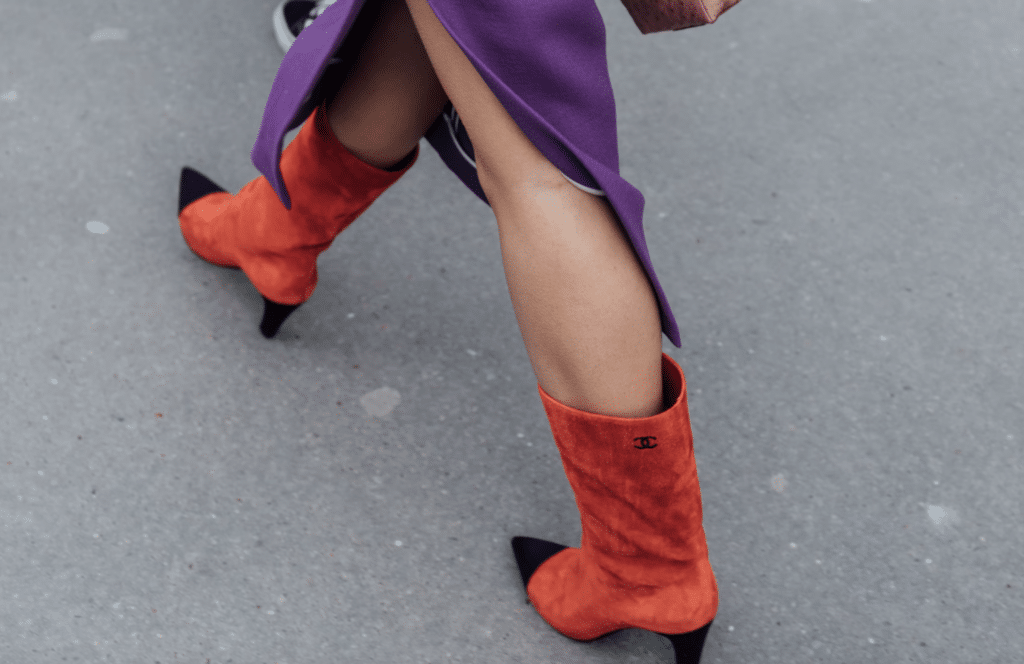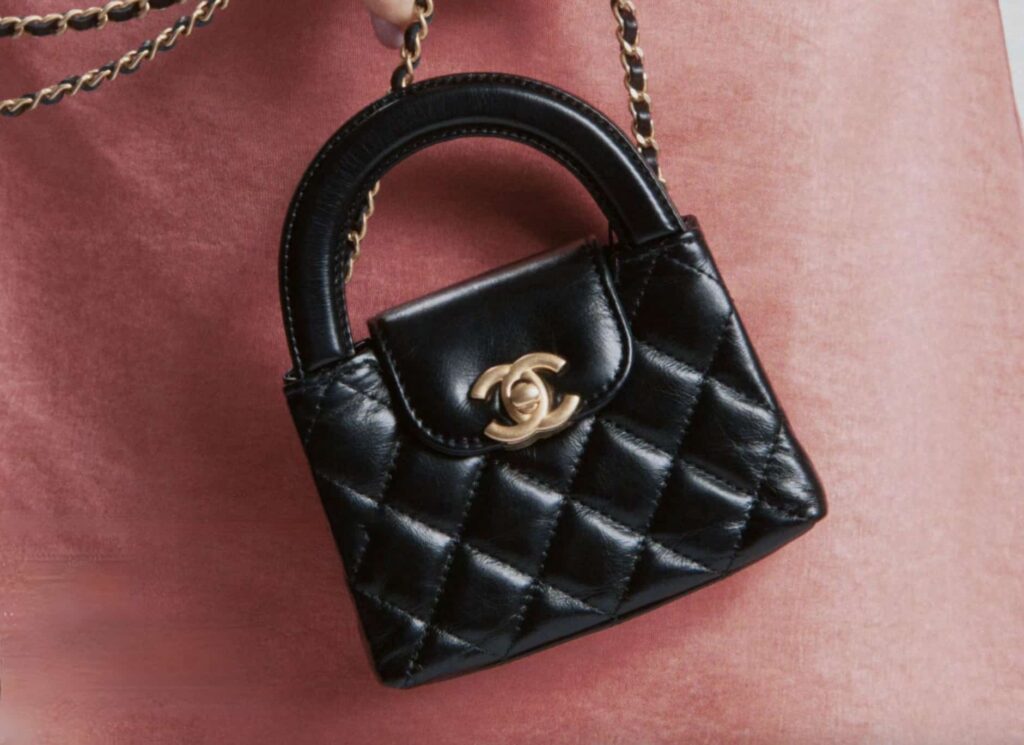
image: LV
Early last year, People for the Ethical Treatment of Animals announced that it had acquired a single share in French luxury goods conglomerate LVMH Moët Hennessy Louis Vuitton, and now, it will attempt to make good on the rights that come along with it. After allegedly being refused entrance to an April 2017 LVMH shareholder meeting on the heels of announcing that it would challenge the use by the conglomerate’s fashion brands of crocodile skins for their accessories, PETA is undeterred.
The well-known animal rights group has confirmed that it will try again to confront Louis Vuitton executives at LVMH Moët Hennessy Louis Vuitton’s annual meeting in Paris on Thursday, which is well within its rights, according to the group, as a shareholder in LVMH, the French luxury group that owns fashion brands, including Louis Vuitton, Givenchy, Celine, Loewe, Marc Jacobs, and Fendi, among others.
On the heels of exposing an array of grave animal abuses at the group’s Vietnam crocodile farms — including two that have supplied skins to a tannery owned by LVMH — PETA upped the ante by acquiring a small stake in LVMH in 2017 in order to have access to its annual meetings, in much the same way it acquired stakes in Prada and Hermes in recent years.
“LVMH knows full well the extreme cruelty behind its bags, watchbands, and shoes,” PETA Executive Vice President Tracy Reiman said on Wednesday. “This company has blood on its hands, and PETA will continue to demand that it stop selling the stolen skin of animals who endured extreme confinement and agonizing deaths.”
As PETA confirmed to TFL this time last year, one of its representatives was barred from LVMH’s 2017 annual meeting, after announcing to the press that it planned to challenge the group’s use of animal skins, including alligator and crocodile hides in its pricey products. An LVMH spokesman did not comment at the time.
Per PETA’s statement last April, “Upon arriving at LVMH’s annual meeting, PETA’s representative was refused entrance to the main meeting room and denied the opportunity to ask board members a question about the company’s appalling use of exotic-animal skins. Companies will go to great lengths to avoid confrontation about the suffering that animals endure at their hands. Although PETA is disappointed by LVMH’s rebuff, we remain steadfast in our efforts to advocate for change.”
While old-school picketing and red paint – two of PETA’s most notorious protest tactics – may still work in some cases, it is 2018, and PETA has obviously seen a need to incorporate new tactics into the mix, including good old fashioned ownership stakes, even if it is not having much luck in the LVMH board room … yet.











